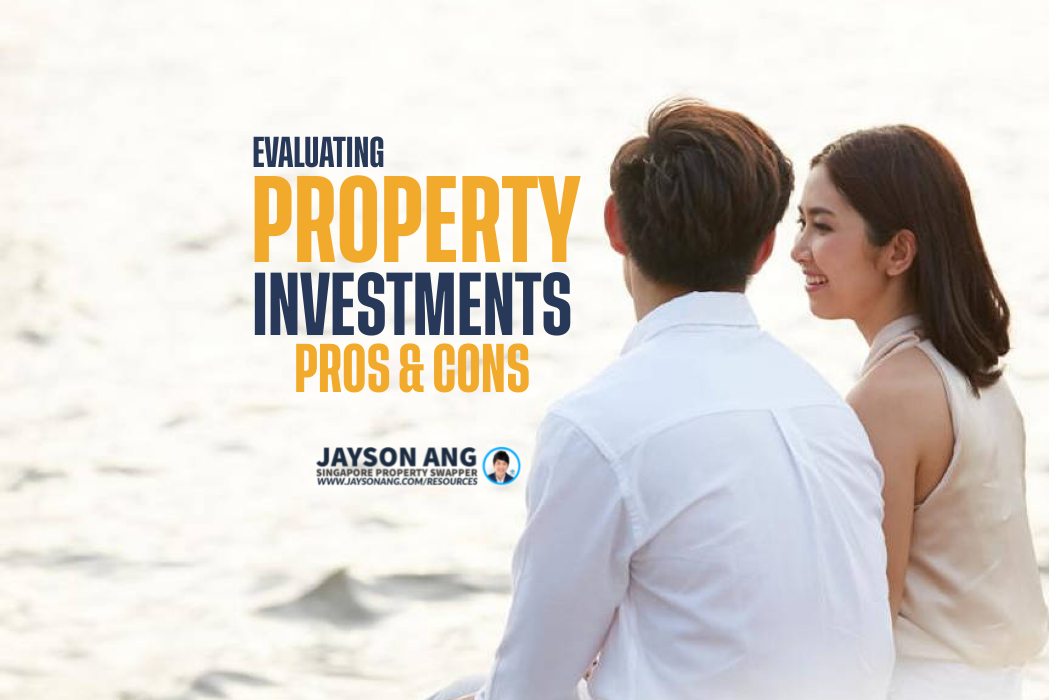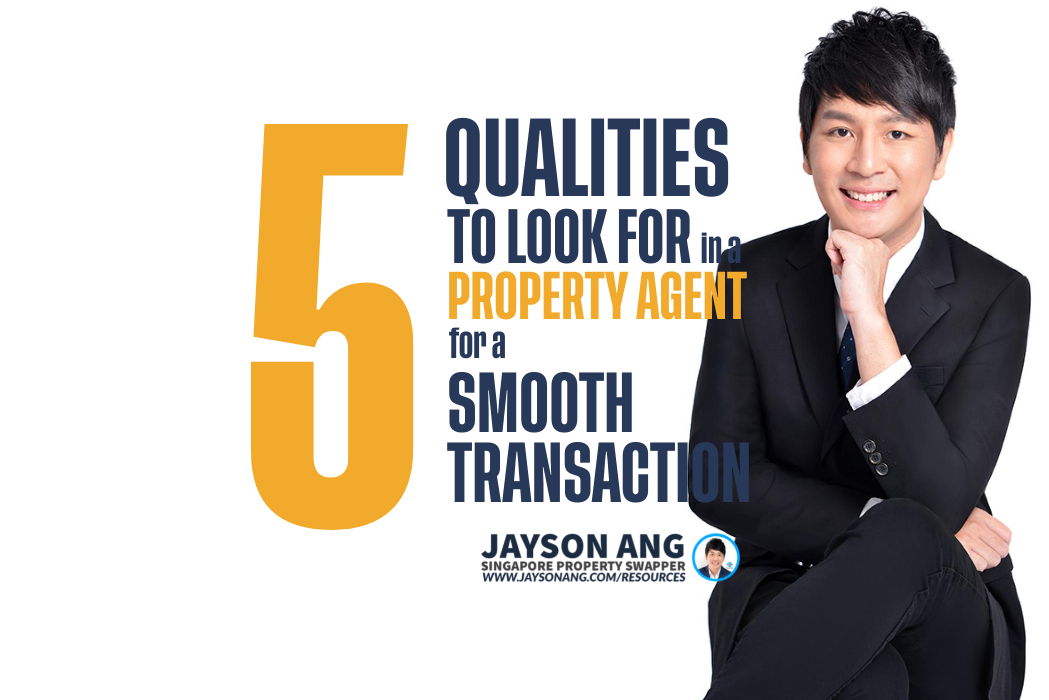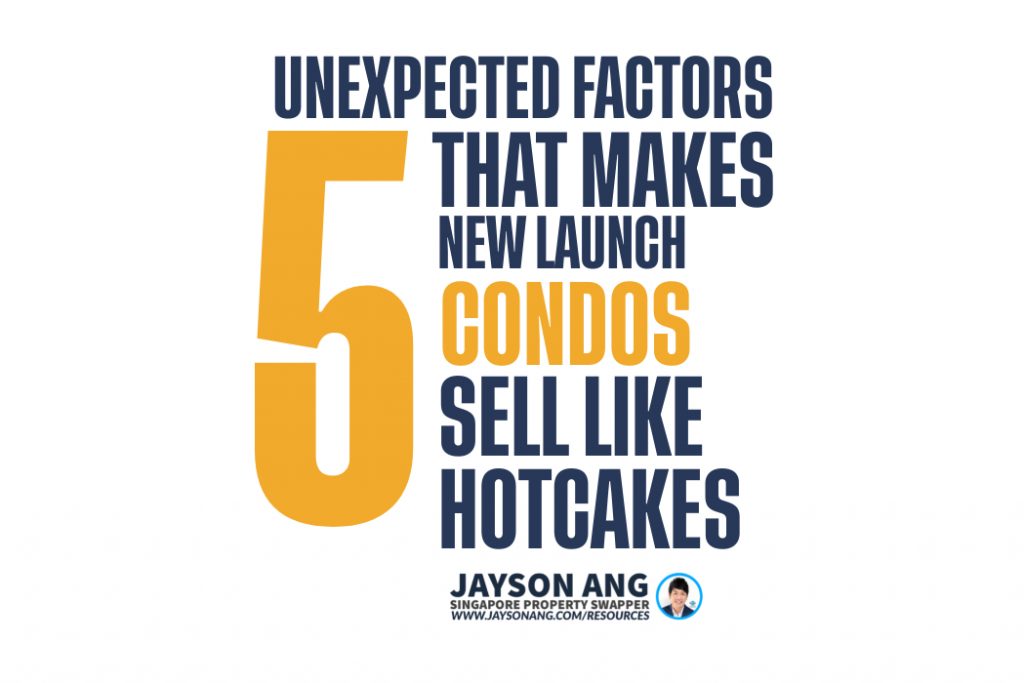TLDR: Key Takeaways from the Blog Post
Singapore’s real estate market offers both pros and cons for investors. The advantages include potential capital gains, stable returns, protection against inflation, and leveraging opportunities. However, investing in properties requires substantial initial capital, long-term commitment, and careful financial planning.
Becoming a property owner in Singapore can provide rental income and protection against inflation. Leverage can significantly boost investment returns but comes with risks.
On the downside, high initial capital outlay, ongoing upkeep costs, illiquidity, and potential mortgage stress are challenges to consider. Successful real estate investment requires prudence and a long-term perspective.
It’s essential to weigh the advantages and disadvantages carefully before diving into property investment in Singapore.
Singapore is the fifth most expensive country to purchase property, yet it boasts one of the highest rates of homeownership.
Despite economic uncertainties and cooling measures, the real estate market in Singapore has consistently proven its resilience.
Many people still choose to invest in properties here.
However, before you jump on the bandwagon, it’s important to weigh the advantages and disadvantages of property investments.
PROS:
The potential benefits of investing in real estate include capital gains and stable returns. Owning property can also act as a safeguard against inflation, and utilizing leverage can increase your investment potential.
CONS:
The investment requires a substantial amount of initial capital and may involve a lengthy process. It is possible that the investment may require considerable upkeep.
Additionally, it may be difficult to sell or convert the asset into cash quickly. There is also a risk of mortgage stress associated with this investment.
There are numerous properties available for investment, but not all of them guarantee success.
Pro: The Investment Strategy Involves Obtaining Profits From The Appreciation Of A Capital Asset While Ensuring Consistent And Predictable Returns
In Singapore, due to limited space, property prices tend to increase steadily even as the size of homes decreases. If you are an investor, choosing a well-managed property with some nearby amenities almost guarantees capital gains.
Real estate is a less volatile investment than stocks and does not quickly lose value unless there is a significant economic downturn.
Therefore, there is a good chance of making a profit or entering the local real estate market, especially since Singapore’s property market has remained strong despite the global Covid-19 pandemic.
Pro: Becoming A Property Owner And Leasing Out Your Property Is A Viable Option For You To Consider
As a property owner in Singapore, you have the opportunity to become a landlord, even if you reside in an HDB flat. There are certain conditions to be met, but it is possible to tap into your home’s rental potential.
Pro: As A Way To Protect Against The Negative Effects Of Inflation
Owning real estate is considered an effective way to protect yourself from inflation. This is because as inflation increases, so does the value of your property and the amount you can charge for rent.
Meanwhile, your mortgage payments will become more affordable over time.
By investing in real estate, you can earn additional rental income that keeps up with the rising cost of living. This makes it a wise choice for long-term financial security and retirement planning.
Pro: Leveraging
Leverage is the act of using borrowed capital such as a mortgage to increase your investment returns. It is rare for someone to pay for their property entirely, and many people opt to purchase properties on leverage.
This method allows you to own properties that you may not have been able to afford otherwise while also increasing your investment returns when you decide to sell.
For instance, if you purchased a property worth $1 million and sold it for $1.2 million after a year, you would have made a 20% profit.
However, if you paid only $200k for the same property and borrowed the rest, a $200k profit would mean that you made a 100% return instead of just 20%, which is a significant difference and one of the primary reasons why property investing is lucrative.
Additionally, leverage can help you acquire your first property, which can be sold at a profit and used to invest in more expensive real estate.
Real estate properties can be lucrative investments, however, it is important to exercise prudence when considering investing in them. It is advisable to avoid situations that may result in unfavorable outcomes
Con: High Initial Capital Outlay, Long Term
In the world of real estate, it is important to have money in order to make money.
Purchasing property can be expensive and requires a stable source of income to finance.
Although paying your monthly mortgage may be feasible, the initial down payment is often a challenge for aspiring investors. It is also necessary to set aside funds for unforeseen repairs and maintenance to ensure maximum rental income.
Additionally, owning property involves hidden expenses such as taxes, insurance, and legal fees.
It is important to understand that investing in real estate is a long-term commitment. While there is potential to sell properties quickly for a profit, transaction costs such as the Seller’s Stamp Duty should be taken into consideration.
Overall, successful real estate investment requires careful financial planning and a willingness to commit for the long haul.
Con: May Require Significant Upkeep
As an investor managing your property can be overwhelming. It requires you to be able to identify income-generating properties and manage them effectively.
This can become a full-time job especially if you are also a landlord.
Dealing with problematic tenants can be time-consuming, costly and stressful. A tenant who fails to pay rent can cause cash flow problems while others may damage your property or fail to maintain it properly.
Con: Cannot Be Easily Sold Or Converted Into Cash Without Incurring A Significant Loss
Illiquidity is a term used to describe assets that are not easily convertible to cash. Real estate is an example of such an asset, and it takes a longer time to sell a property compared to investing in short-term bonds or the stock market.
It is advisable to have readily available funds for emergencies because selling your property quickly for cash is usually not possible without significant financial loss.
Con: Potential Financial Difficulty in Paying Mortgage
Have you noticed how some of your wild and crazy friends seem to become more responsible and cautious after becoming parents?
This is because when you have the responsibility of raising a child, you naturally become more risk-averse in order to ensure their well-being. You start to plan more carefully, manage your finances more prudently, and make wiser investments.
However, being overly cautious can have its downsides. You may find yourself second-guessing every decision that involves taking a risk, such as changing jobs, having another child, pursuing your entrepreneurial dreams, or diversifying your investments.
This can lead to staying in a job you hate, missing out on the joys of parenting, not fulfilling your dreams, or having all your money tied up in assets that are hard to sell.
While some conservative investors may be fine with this, those who are looking for faster gains may feel the burden of long-term financial stress.
Should You Buy, Sell or Wait?
If you’re reading this, you must be trying to figure out the best course of action right now: is it the right time to buy or sell?
It’s difficult to give an exact answer since everyone’s situation is unique and what works for one person may not necessarily work for you.
I can bring you a wealth of on-the-ground experience and a data-driven approach to provide clarity and direction. From beginners to experienced investors, our top-down, objective approach will help you on your real estate journey.
I can help you by:
- Offering Strategic Real Estate Advice – I can help create a comprehensive plan to guide you through your property journey.
- Connecting Your Home with the Perfect Buyers – Through stunning visuals, an effective communication strategy, and an in-depth knowledge of the market, we’ll ensure your home is presented in the best possible way to fulfill your goals.
You May Also Like …





































































